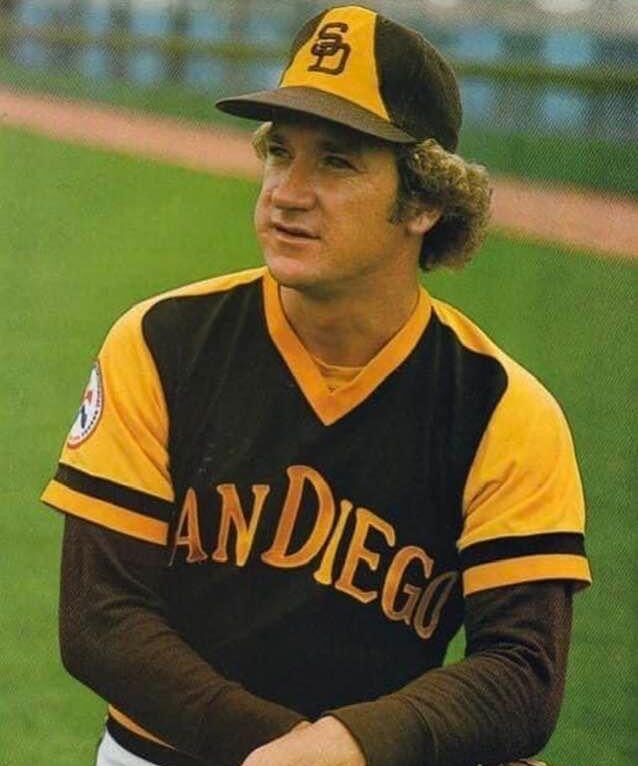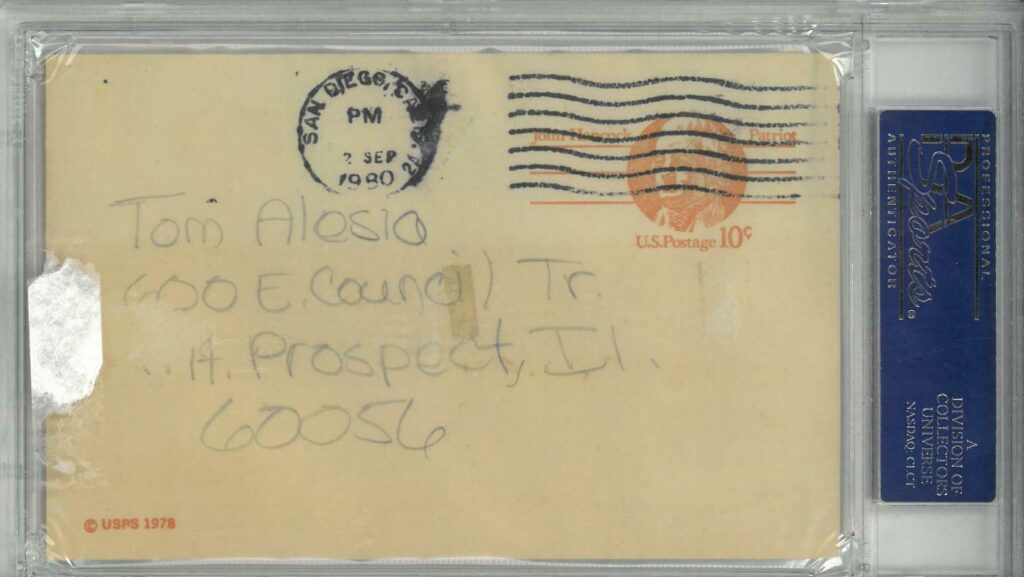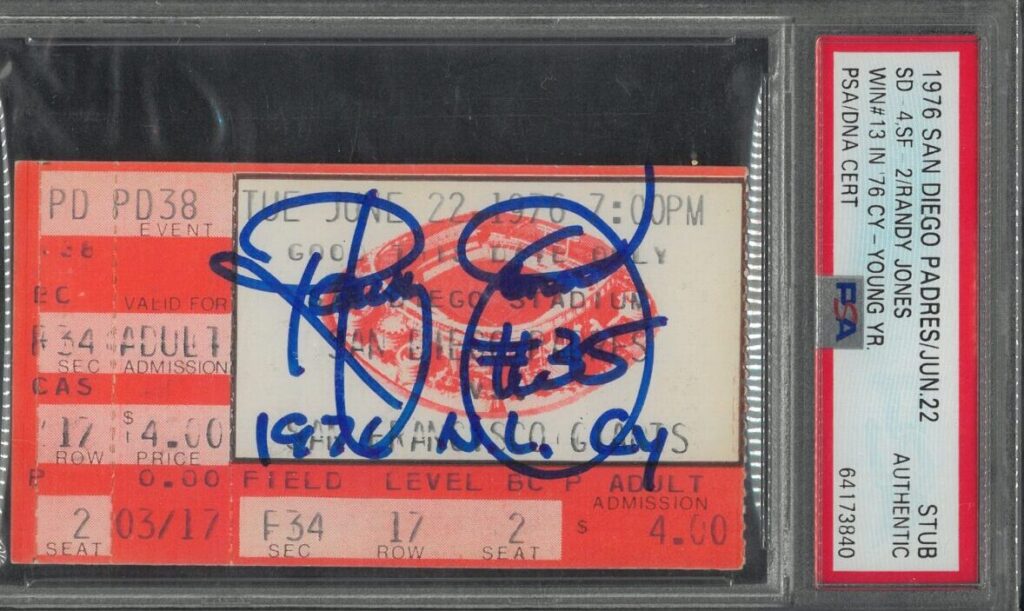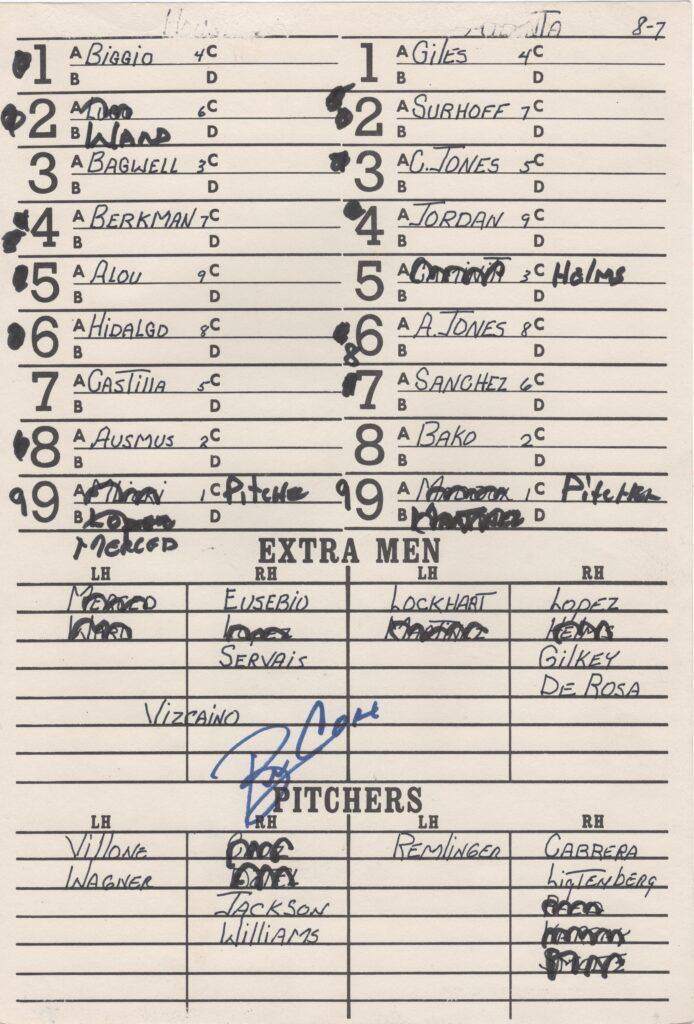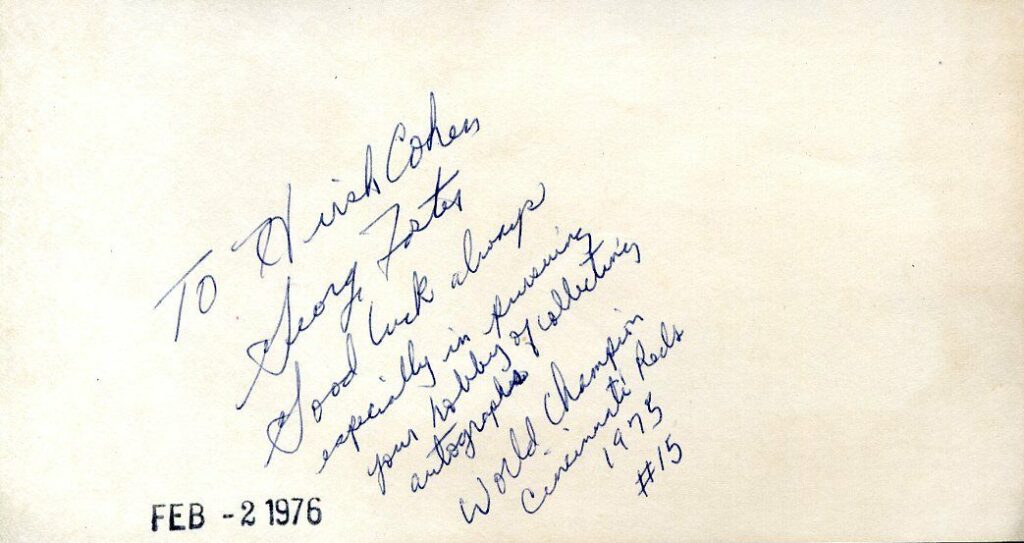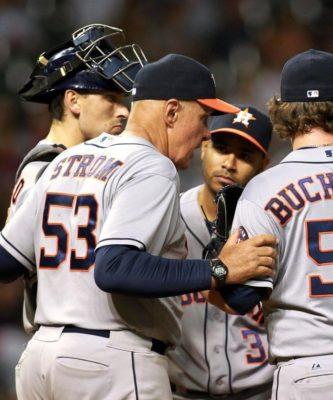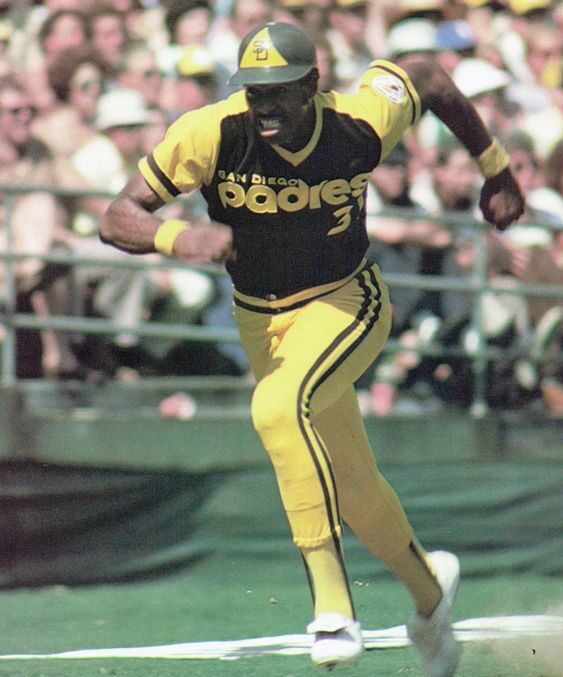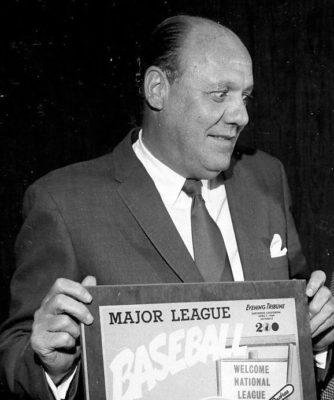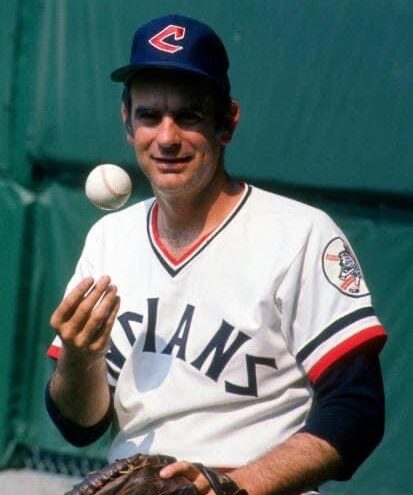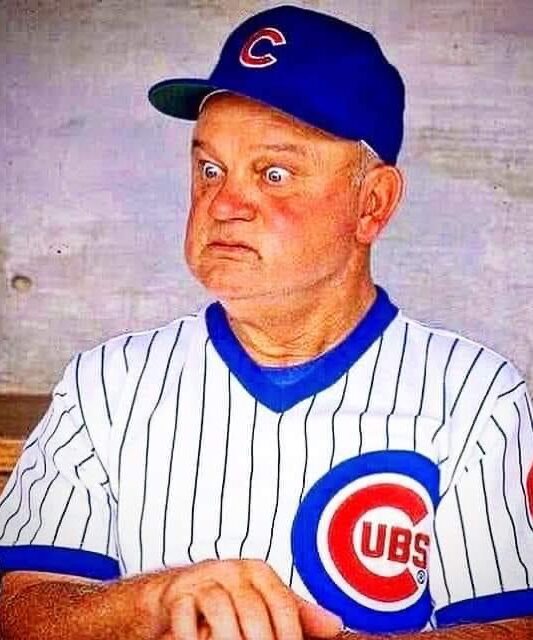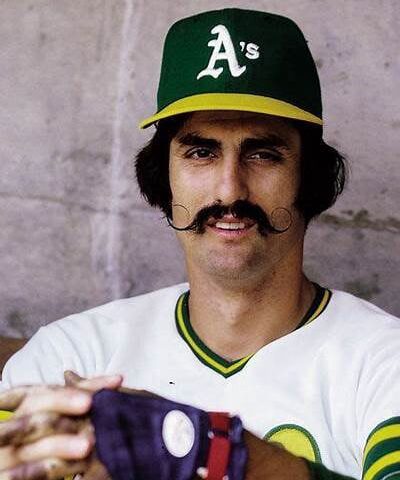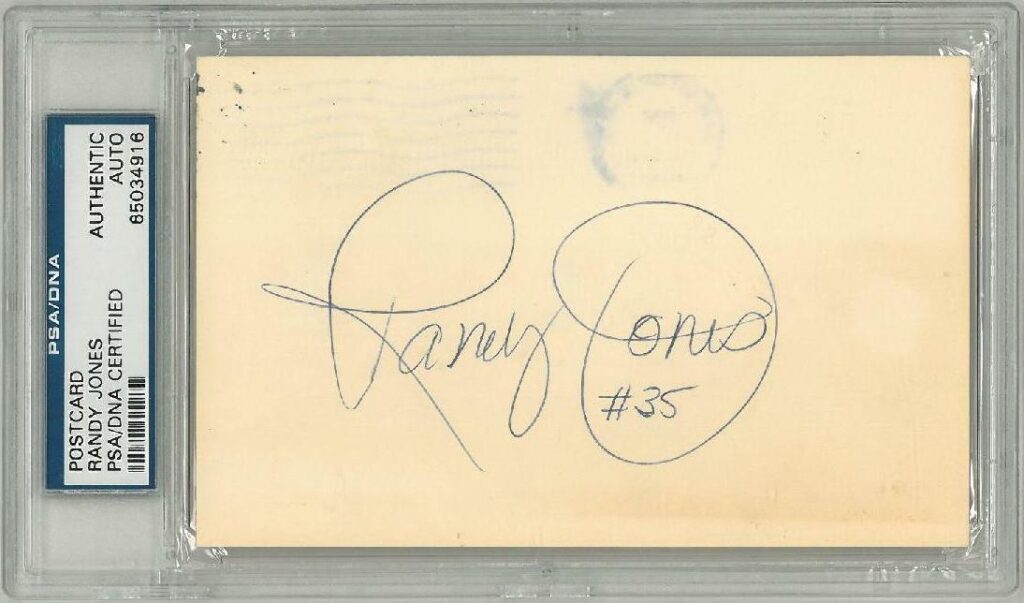
A 5th-round pick by San Diego in 1972, Randy Jones went on to become one of the most beloved players in Padres history. He made his debut in ’73 and lost a league-leading 22 games in ’74 before hitting his stride.
The next two seasons, Jones was spectacular. Lacking a true major league fastball Jones relied on an assortment of junk, most often his sinker. In 1975 he won 20 games with a league-leading 2.24 ERA. An All Star for the first time, Jones retired Hal McRae, George Scott, and Rod Carew in order in the 9th. He was named Comeback Player of the Year and finished second to Tom Seaver in Cy Young balloting.
San Diego fell in love with their hometown hero.
Jones got out of the gate quickly the following year in ’76. He won 16 games by the All Star Break. Each time the 6’0″, 180-pounder took the mound for a home game, attendance spiked.
Padres manager John McNamara told Sports Illustrated in 1976, “It happens every time. They cheer him even before he throws a ball…It’s the way he comes across. He’s a humble person, the underdog making good. People can relate to him. He’s not that big in stature and he is not overpowering on the mound. Randy’s the common man’s pitcher.”
Jones’ ’76 campaign was a dream. He won 22 games in 40 starts, throwing 25 complete games, and pitched 315 1/3 innings – all still-standing franchise marks.
The All Star starter in ’76, Jones pitched three scoreless to earn the win. Jones finished the nation’s bicentennial year as the NL’s Cy Young Award winner.
In addition to his single-season Padres marks in wins, starts, complete games, and innings pitched, Jones holds the San Diego record for losses in a season (22 in ’74) and shares the top spot for shutouts in a year (6 in ’75). He is also the first Padres pitcher to steal a base.
Only three times in team history has a hurler topped the 20-win mark. Jones did it in back-to-back years in ’75 and ’76. Hall of Famer Gaylord Perry has the other 20-win season in his Cy Young campaign of 1978.
On May 9, 1997 the Padres retired Jones’ uniform number 35. Two years later he was selected in the inaugural year for the San Diego Padres Hall of Fame. Today Jones remains one of the most popular players in team history.
In the collection is this government postcard signed by Randy Jones in 1980.
